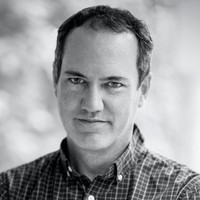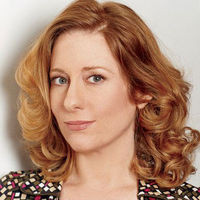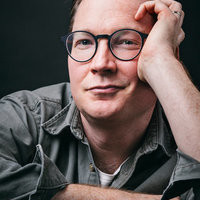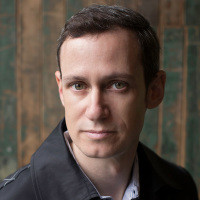Sheila Heti is the author of seven books. Her latest is Motherhood: A Novel.
“[My parents] were afraid for me. As anybody who has a kid who wants to be a writer. I think they understood it was a hard life. It was a life in which you wouldn’t necessarily make enough money. It was a life in which you might be setting yourself up for a great amount of disappointment. My dad’s father was a painter, so there was in him this idea that it wasn’t so crazy to him. It wasn’t so outside his understanding. And, yeah, my mom thought it was a bad idea. And it probably is a bad idea in a lot of ways, but my dad was supportive but also cautioning. I think the book really moved [my mom] and really had an effect on her, so maybe you understand that it’s not necessarily a frivolous thing to be doing. Maybe it’s not just playing. I think my mom always had this idea that writing is playing, and it is playing, but it’s a serious kind of playing.”
Thanks to MailChimp, MUBI, and Tripping.com for sponsoring this week's episode.















